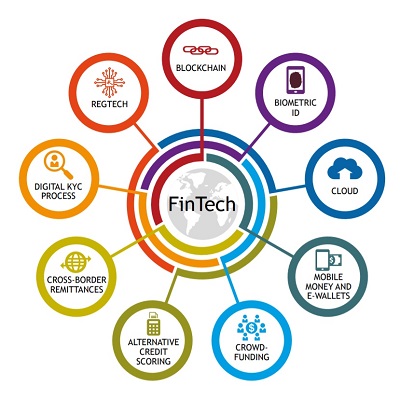COVID-19 is a global health crisis to which some of the usual global solutions like greater financial inclusion can help. Financial inclusion remains a powerful development tool to improve access to finance and to support vulnerable individuals and households during the coronavirus or COVID-19 crisis.
Governments are already reacting to the coronavirus crisis by issuing policies. Some governments have issued policies, others have issued and withdrawn policies that did not achieve its objectives, while others are waiting to issue policies that improve financial inclusion. Poor individuals and households in rural and urban areas are already facing the severe impact of the COVID-19 crisis. Now is the time for governments and financial institutions to play their part in providing greater access to financial services for poor individuals and households as soon as possible during the crisis. Governments, working together with financial institutions, must first and foremost be able to provide financial access to poor individuals and households with the necessary support to ensure their survival in these times.

Promote better payment services: Fintech can provide the safest way to transfer money to loved ones directly from smartphones. Fintech can allow users to transfer money to any bank account, pay for bills and services to merchants and businesses in any part of the country and across borders.
Increase trust and cybersecurity: Poor individuals and households need to trust Fintech platforms during the crisis. Fintech businesses should emphasise greater transparency, and therefore trust, in their business operations, alongside security. Fintech businesses from being overly self-serving or violating user confidentiality in delivering financial services to poor individuals and households during and after the crisis.
Do all it takes to keep enough money in the hands of people: Policy makers should ensure that individuals and households have access to shops, supermarkets and grocery stores during the crisis so that they can get the essential items they need to survive through the crisis. On the other hand, access to non-essential activities, like partying, leisure, entertainment and outdoor sports, can be restricted to ensure that households do not spend all the money they have on non-essential items leaving little money left to spend on emergencies that may arise during the crisis. As much as possible, governments should do whatever it takes to ensure that households have enough money to meet basic subsistence during the crisis.
Keep money circulating every time during the crisis: ATM cash machines should be loaded with sufficient cash at all times. Also, the monetary and fiscal authorities should ensure money is in constant circulation money in all forms such as loan, overdraft, unconditional cash transfers, domestic bonds, etc. This will help in reducing uncertainty and anxiety in these times, although such measures can lead to inflation in the economy.
